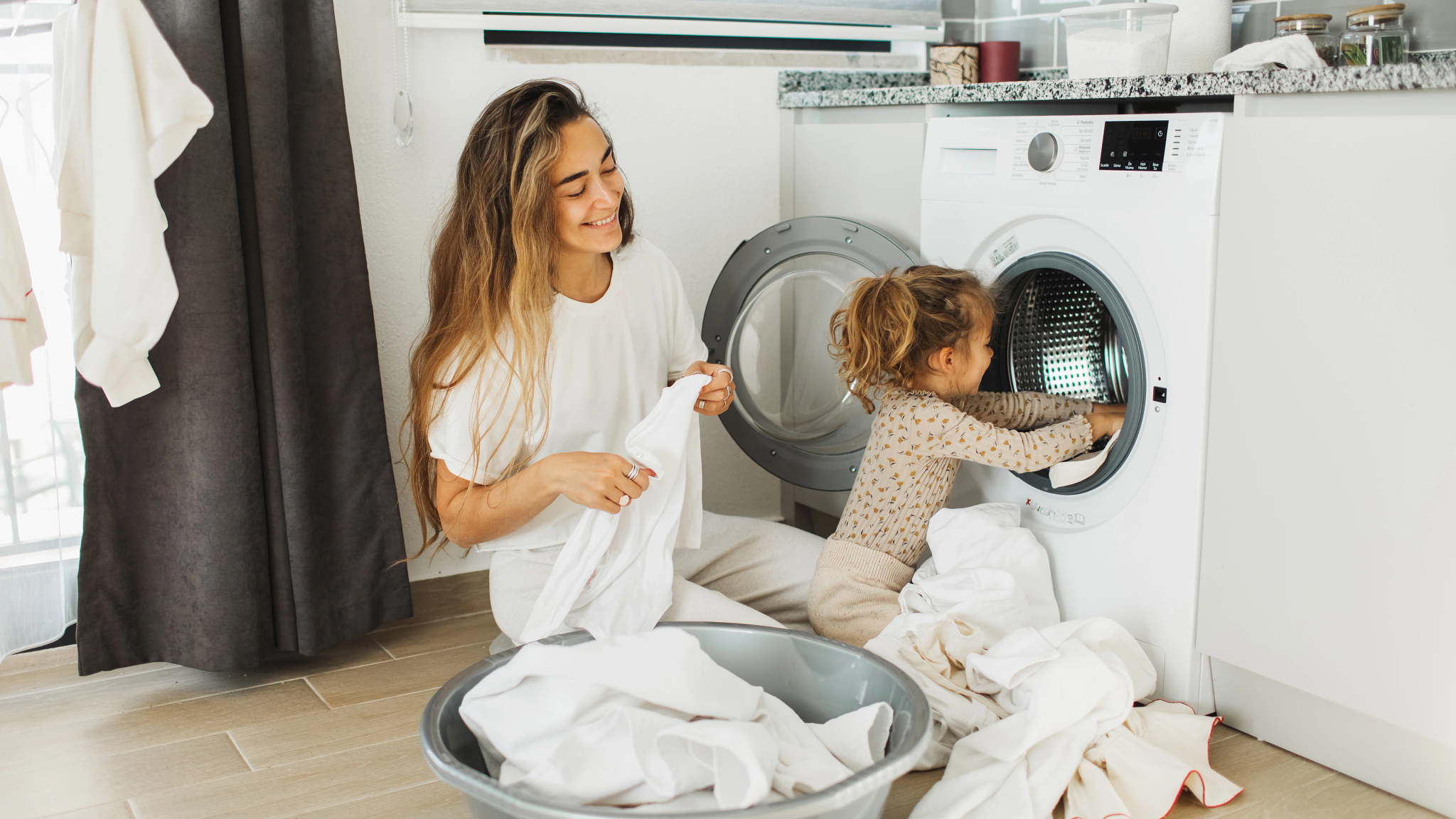default

Name
Family in the kitchen
Safety tips for your home's gas appliances:
- Turn down your water heater's temperature to prevent an accidental burn. What feels warm to you may be scalding hot for a baby or elderly family member
- Have your furnace inspected annually by a professional
- Kitchen fires can happen in an instant, but a little preparation can make sure they don’t happen to you. Don’t wear loose clothing, spray cooking oil, or use paper towels near an open flame. And don’t leave food packaging on or near the stove
- We know you want to keep your children safe. So do we. Children should never try to light natural gas fireplace logs. No one should play with the valves that turn the logs on and off and the gas log valve key should be stored in a safe place that’s out of reach for children
- Gas logs are great for warming your room. Just make sure the chimney flue is open before lighting them, unless you have ventless style logs
- Space heaters can help keep a room warm, but children should not light them. As with open flames, avoid loose clothing, paper towels, or other flammable materials. And never attempt to dry your clothes over a gas space heater
- Curtains and drapes can easily catch fire so don’t take any chances. Keep them away from any kind of natural gas flame including cooking ranges, space heaters, or similar equipment
- Never use the flames from a gas range to heat a room or dry your clothes
Smell gas? Act fast.
We want you to be completely safe as you shower, finish the laundry, and feed your family their favorite meal. The most important safety tip to remember is that if you ever think you smell natural gas, leave the area immediately and call Spire right away.
Reach out about unusual conditions right away. If you notice any of these signs, call us so we can address the issue for your safety.
- A burner flame that is yellow, wavy or higher than normal
- A change in the appearance of your pilot light
- A hissing sound or odor near a pipeline or near a building
- Ice formation on the ground above a pipeline
- Distressed or deteriorated plants near a pipeline
Gas safety products for your home
Learn more about available natural gas safety products you can purchase for your home.

Name
Gas dryer image